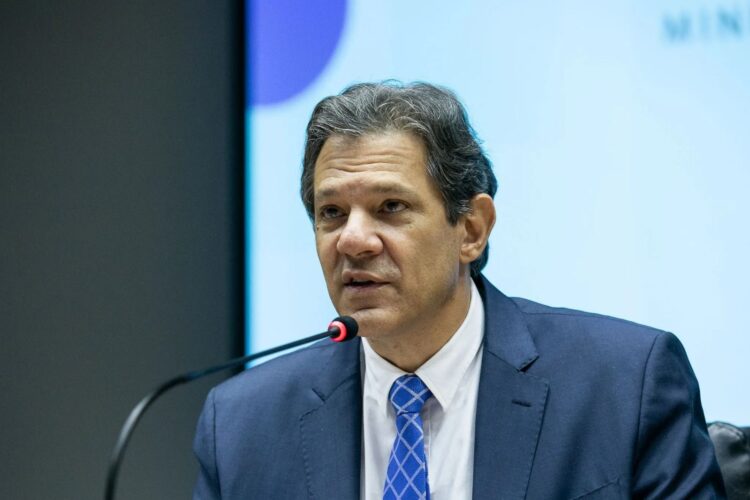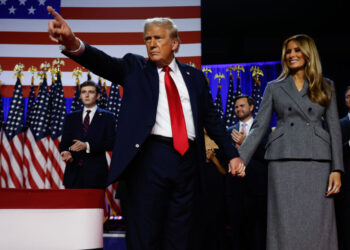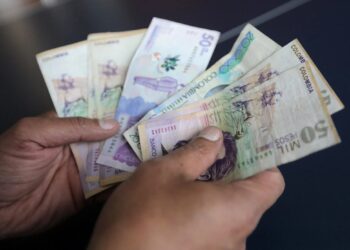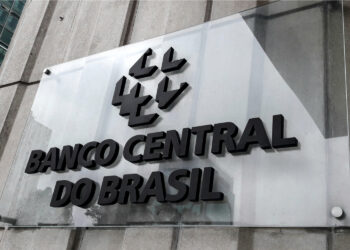Brazil’s finance minister, Fernando Haddad, announced that remaining obstacles have been overcome in crafting a fiscal package intended to control the country’s rising mandatory spending. However, Haddad also revealed that President Luiz Inacio Lula da Silva has requested additional cuts extending to a further ministry, signalling an expanded scope for the proposed measures.
The Brazilian real has depreciated significantly against the US dollar in recent weeks as concerns grew over the government’s delay in addressing surging fiscal expenses. These delays in detailing a plan to curb spending have heightened market anxieties, with the currency now hovering near multi-year lows.
During a briefing with journalists in Brasilia, Haddad refrained from giving a specific timeline for the package’s public release. Yet he indicated that unresolved issues from last week have been addressed, potentially accelerating the initiative. According to Haddad, President Lula’s new directive is to include an unnamed ministry in the fiscal measures, with the associated discussions expected to conclude by midweek.
In recent days, President Lula and his Chief of Staff have convened with leaders from over ten ministries, including key sectors such as Health, Education, and Pension, to fine-tune the fiscal package. While the government had initially aimed to roll out the proposal after municipal elections in late October, there has been no formal commitment on the timing since.
Responding to speculation that the fiscal package may have stalled, Haddad clarified that this was not the case, noting that adjustments were made to ensure that the measures are “more understandable and palatable” for all stakeholders. The aim, according to Haddad, is to create a consensus around the package, increasing the likelihood of swift legislative approval.
Haddad further shared that he intends to meet with President Lula to discuss next steps for presenting the package to Brazil’s Congress. He expressed optimism that the legislative bodies could ratify the measures before year-end. According to Reuters, these anticipated fiscal reforms are viewed as essential by market observers, who see them as a necessary intervention to rein in public expenditure and stabilise the Brazilian economy.
















